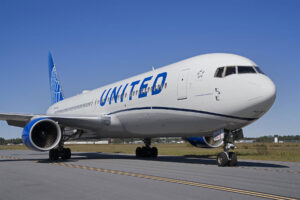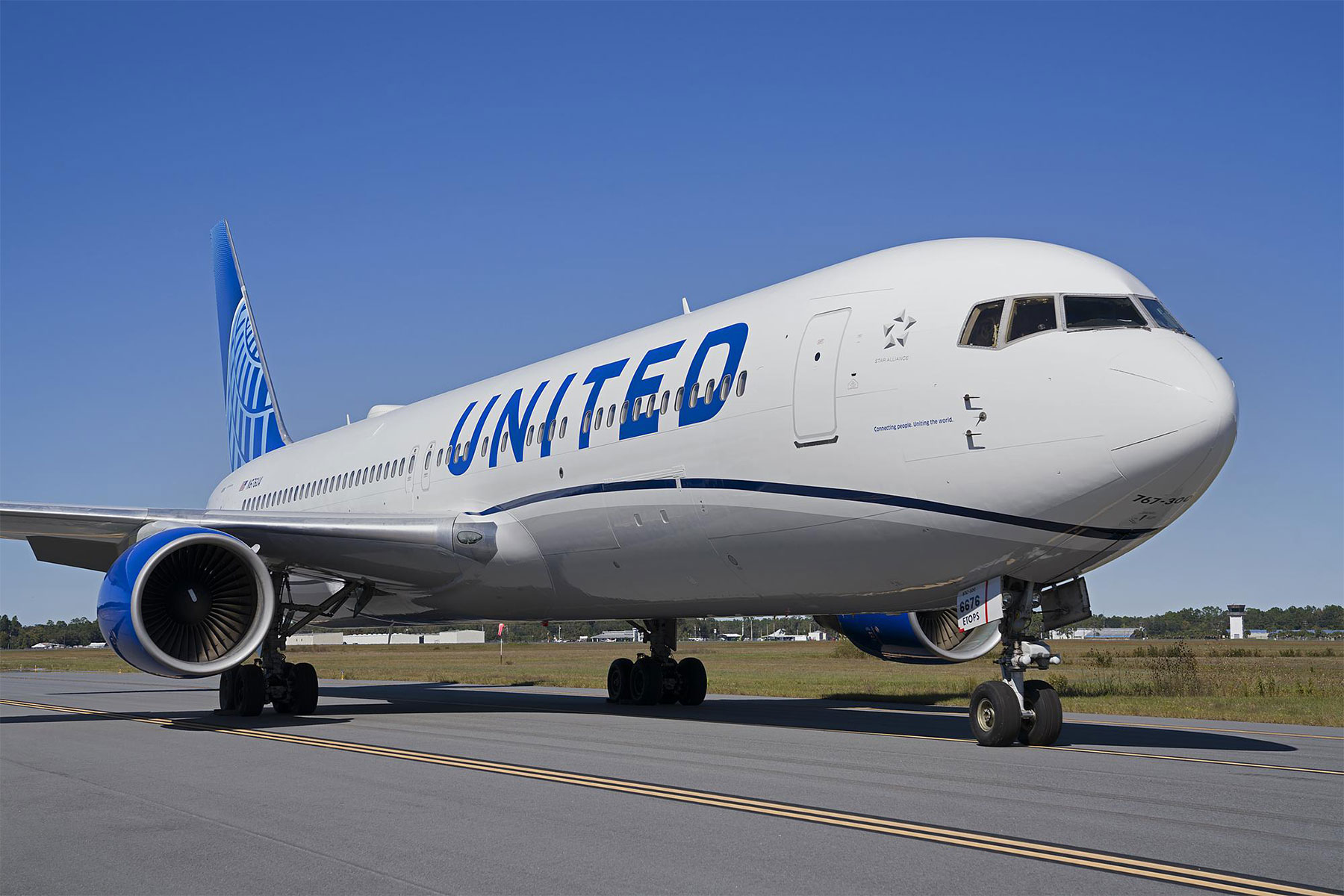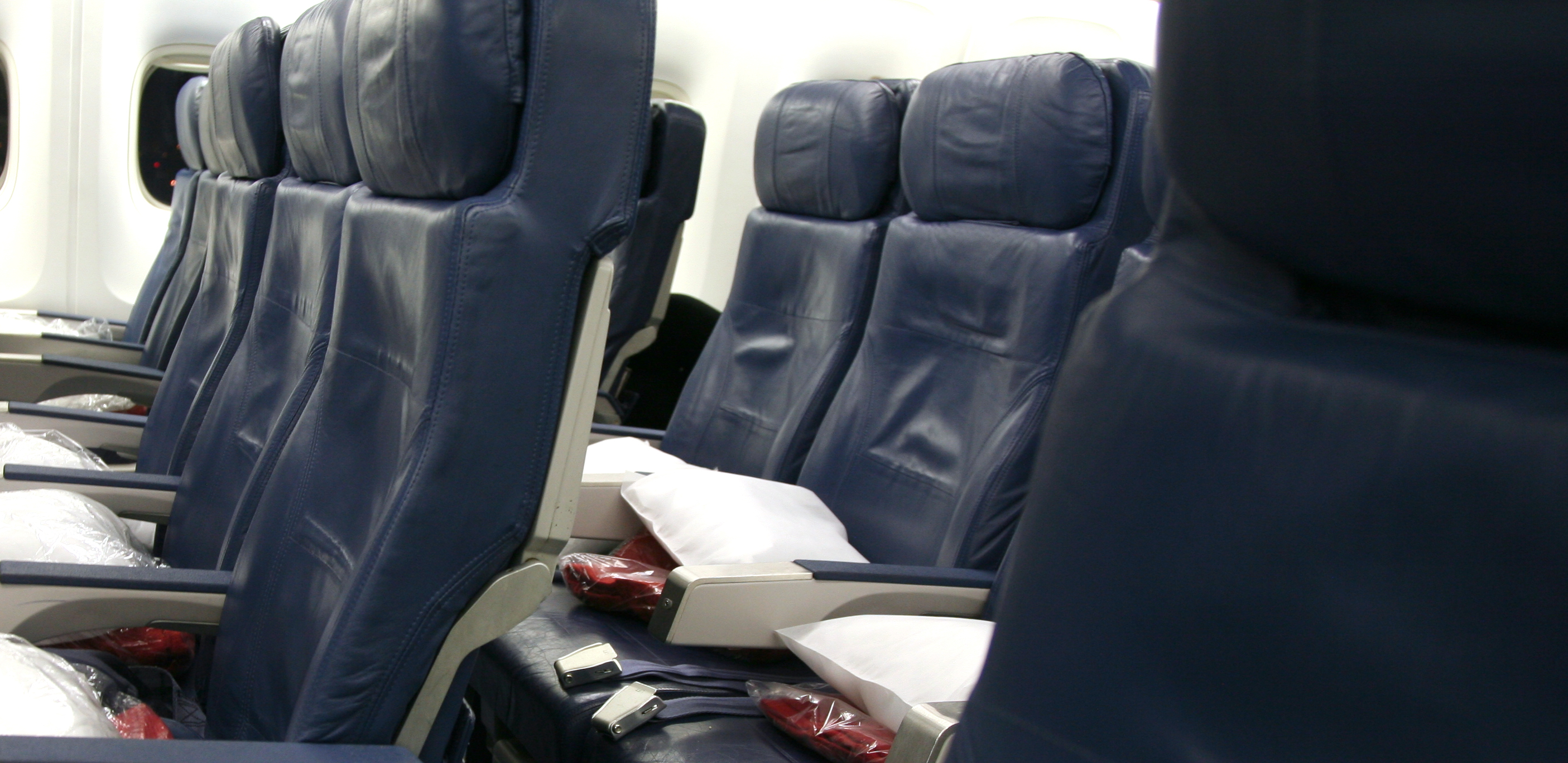“Wildcat Strikes” Now Qualify for Delay Compensation

Flyers who are affected by unannounced “wildcat” strikes in Europe can now claim delay compensation under Flight Compensation Regulation 261/2004. The highest court for the European Union ruled that because strike actions are not “beyond the actual control of the air carrier concerned,” these situations may now qualify for a payout.
Flyers who are stuck in Europe as the result of an unannounced airline strike can now file a claim for compensation as prescribed by law. The Court of Justice for the European Union (CJEU) handed down the decision in favor of passengers on April 17, 2018.
The ruling is the result of Kruesemann, et al., v. TUIfly GmbH, filed after flyers were stranded by the aforementioned carrier due to unplanned workforce strikes between October 3 and 8, 2016. During those days, airline staff did not show up for work over a restructuring dispute with their employer. TUIfly cancelled “a large number of flights” as a direct result. Flyers requested compensation for the delay, but were initially denied by the airline.
After going through lower courts, the CJEU decided choosing between an organized strike and a “wildcat strike,” where employees excuse themselves from their jobs to protest an employer move, would be nearly impossible. Such a situation would require flyers to be under separate regulations, depending on the origin and destination of their flight.
Furthermore, the courts determined that the strike wasn’t necessarily an “extraordinary circumstance.” Because the staff were protesting a restructuring of the airline which ended by an agreement shortly afterwards, the strikes – organized or not – were not necessarily out of the airline’s scope of control.
“Apart from the fact that the ‘wildcat strike’ stems from a decision taken by the air carrier, it should be noted that, despite the high rate of absenteeism mentioned by the referring court, that ‘wildcat strike’ ceased following an agreement that it concluded with the staff representatives,” the court wrote in their decision. “Therefore, such a strike cannot be classified as an ‘extraordinary circumstance.’”
“Airlines have argued for a long time that staff strikes are an extraordinary circumstance,” solicitor Coby Benson of British firm Bott and Co. wrote on their blog. “This judgment from the European Court is the latest in a long line of cases that confirms airlines are often obliged to provide monetary compensation…to passengers who find their travel plans severely disrupted at the last minute.”
Under EU law, airlines are obligated to pay passengers who are delayed over four hours, denied boarding due to overbooking, or have their flight cancelled. Depending on the length of their flight, flyers may qualify for up to $740 in compensation.





















